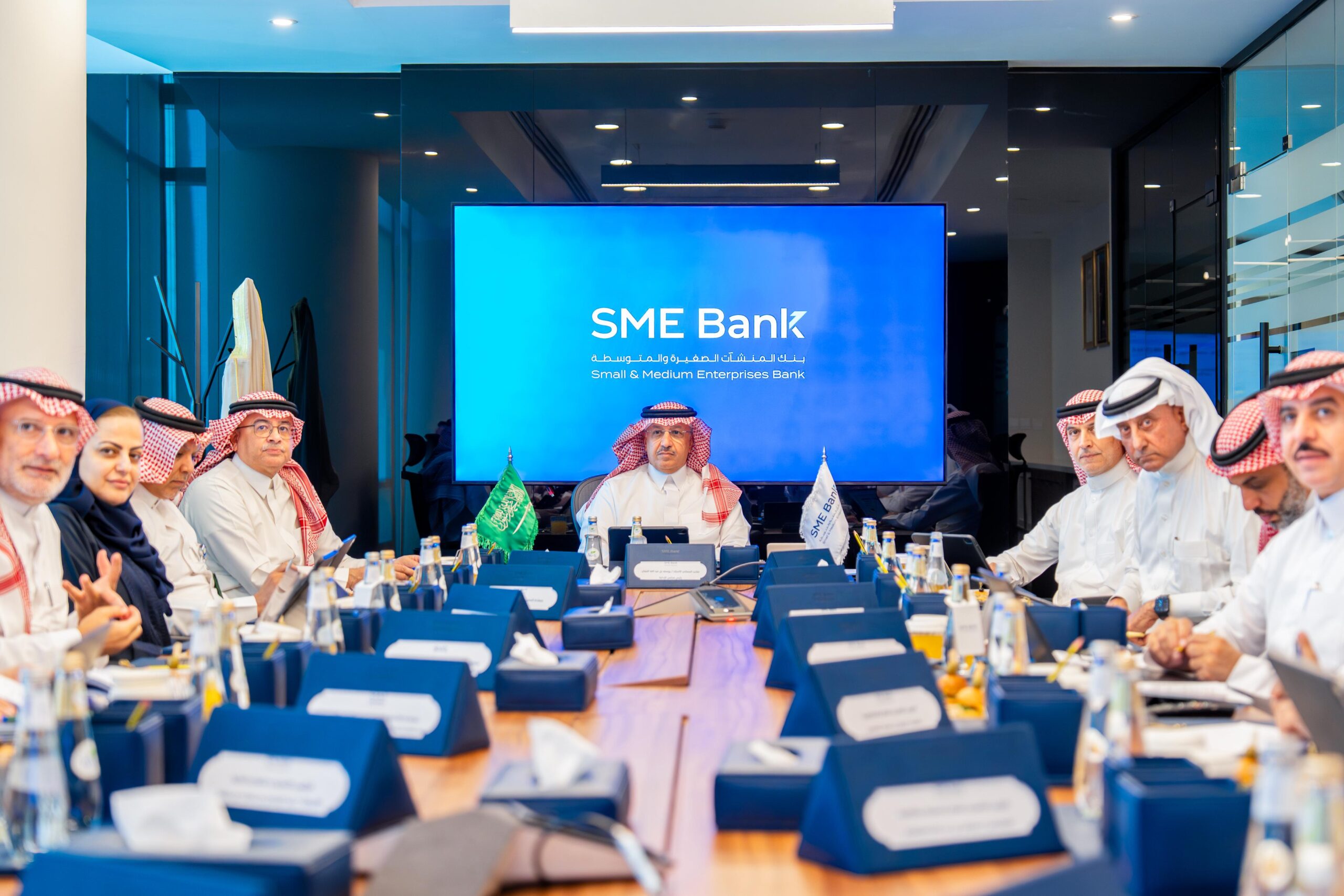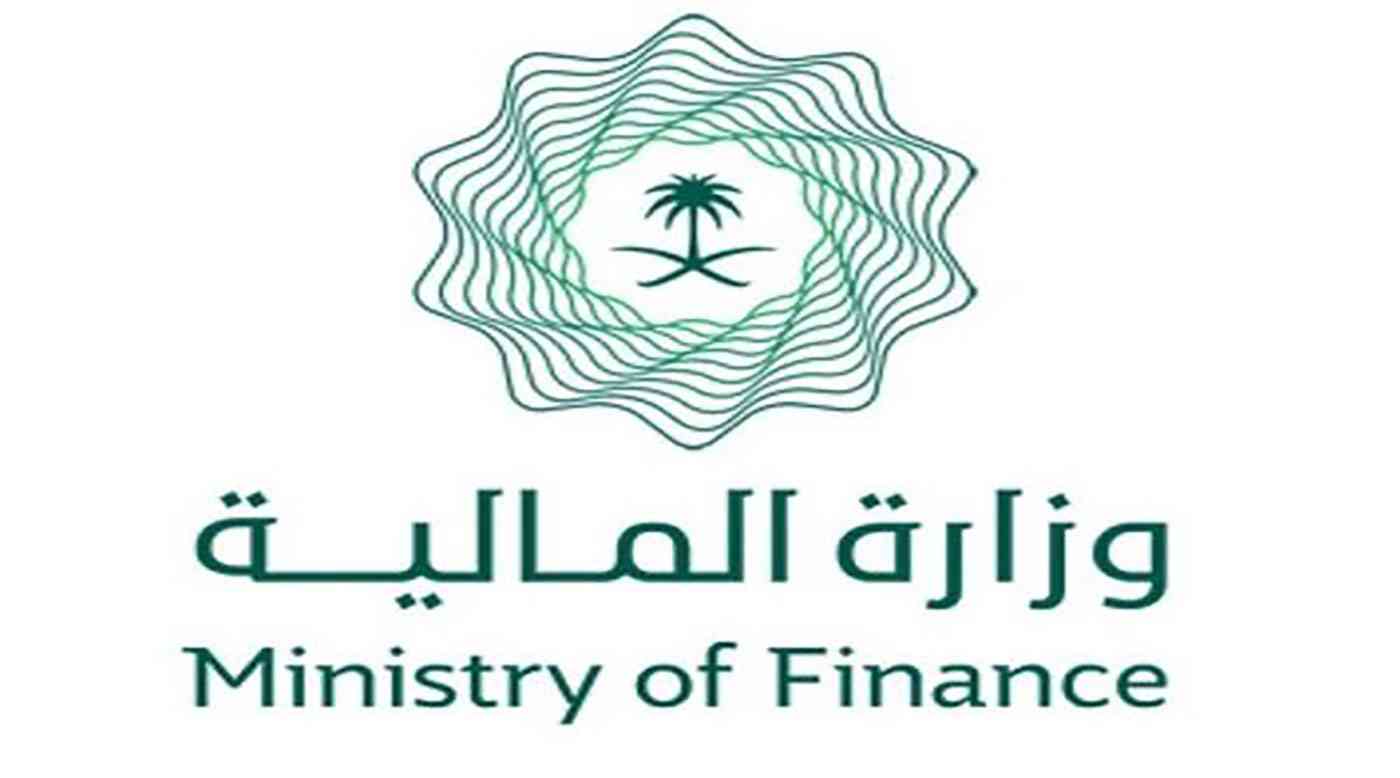Publisher: Maaal International Media Company
License: 465734
During a high-level financial gathering
Tadawul to Witness over 30 Listings, by the end of the Year
The Saudi stock exchange will likely end the year, with more than 30 new listings, the head of the Capital Market Authority Mohamed Al-Quwaiz indicated, during the Financial Sector Conference.
Saudi Arabia had made significant progress, in terms of sustainability and financial sector development, he stated.
This was unfolded, at the first of its kind event or the “Financial Sector Conference Dialogues” series, which was held in the presence of a number of officials and experts from the local and international sides, and organized by the partners of the Financial Sector Development Program (Ministry of Finance, Saudi Central Bank, and Capital Market Authority).
اقرأ المزيد
“The private sector must be involved and show effective cooperation with government institutions, in growing the financial sector,” according to one of the conference’s preparation activities panel.
Al-Quwaiz went on to say that the private sector will issue as much as SR30 billion in debt in 2020, up by 230% from the previous year’s issuances.
Businesses must recognize attractive investment opportunities and work together to achieve them, he added.
In general, the Capital Market Authority is a cross-market in which different fields can offer a variety of contracts and investments, as well as those who have the potential to enter the capital market and entrepreneurship, he elaborated.
Sustainability is a crucial component that has progressed significantly, he highlighted.
“The Kingdom has contributed significantly to the speed with which plans, policies, and recommendations for the development of the financial and capital industry have been developed,” he emphasized, pointing that the Kingdom’s clear path toward governance in a variety of areas, including collaborative private-public sector cooperation.
Investors and company owners are being urged to work together to boost the economy, he stressed.
The Saudi market has dozens of pre-existing private corporations and entities, according to him.
In terms of its periodic report, sustainability was used in an optional and elective manner, however, companies must understand where their investment opportunities reside, he drew attention.
The importance of the transition to clean energy, corporate governance, and investment in it, the growing economy, green energy investment, public and private sector efforts in the transition to clean energy, financial sector funding and sustainable investment, and the importance of the financial market and its liquidity, were all discussed during the session.
Following that, a session on “Financial Markets and ecological, social and corporate governance” was held.
On the other hand, the COVID-19 pandemic has hastened the rethinking of the relationship between financial markets and societies, emphasizing the importance of sustainability.
It also addressed climate change, demonstrating that a growing number of hydrocarbon and fossil energy exporters and investors are beginning to recognize the importance of ecological issues and the dangers they pose to societies and the global environment, in general.
It also touched on governance, start-ups, and the utilization of solar energy, as an alternative, clean and renewable source of energy.
The workshop covered financial market legislation and instruments, human cadre development and qualification, the relevance of attracting clean energy tools, and the importance of investing in them.








